Marathon Training Nutrition 101
- August 19, 2021
- Last Updated: September 28, 2023
- 0 Comments
- Sports Nutrition
Looking for a nutrition plan for your marathon? Check out these pillars of marathon training nutrition and nutrition for half marathon training. As needs increase during these endurance activities, it’s important to modify and optimize your nutrition plan as well.
I often get asked about creating a long distance runners diet plan.
And while it may seem like it would be helpful for your training, it doesn’t really teach you how to form meals on your own.
What if you go out to eat and what you want to order or what’s available isn’t on the meal plan?
I find that it’s more helpful to provide empowering advice for athletes, and teach them about performance plates.
That way, you know how to make your own plate and your own nutrition needs.
A SPORTS DIETITIAN IN YOUR POCKET?!
This is the sports nutrition resource you’ve been missing in your training. It can help make sure you’re eating enough for performance and recovery. – grab it now!
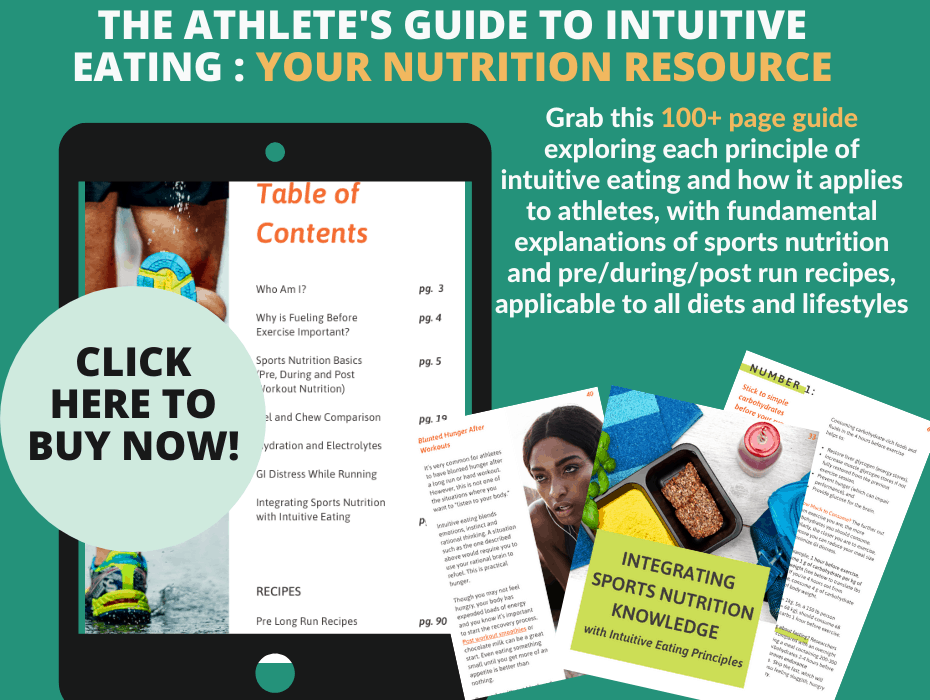
Marathon nutrition is very personalized! As a marathon nutritionist, I help you reach your goals.
My hope is that this post will be a marathon training nutrition guide for you, kind of like your marathon training 101.

Marathon Training Nutrition Key Points
Where do you even begin when thinking about nutrition while training for a marathon? So many moving parts!
I like to start with the pantry and ideas around meal prep to make sure you feel competent and confident in creating a healthy, balanced meal.
Stock Your Pantry
First and foremost, when eating for marathon training, you want to have a stocked pantry with pantry staples.
I always give this printable athletes grocery list to all of my athletes to help them form a great pantry for full and half marathon nutrition training.
You want to have things on hand to make a balanced breakfast before a run.
This post has some great options for breakfasts for athletes on the go or at home!
A stocked pantry helps with half marathon nutrition, too.
Decide your main meal components and go from there.
For example, if you are a vegan marathon runner, you’ll want to have ample legumes, grains, fruits and veggies on hand always.
Here are some tips for vegan breakfast meal prep, too.
What’s most important is to make a plan for when you’re going to the grocery store and how often.

Have a Plan for Meal Prep
Next, have a plan to simplify your meal prep. You have to fuel that activity, though in my opinion, food is more than fuel.
A marathon meal plan can be flexible but knowing the basics will make your life much easier. Here are some tips!
- Even if you aren’t into “meal prep” making simple meal prep decisions will really help maximize your time.
- If you’re really into cooking all of your meals, here are some easy meals for marathon training to help meet your high energy needs.
- I have many athletes (myself included, sometimes) who prefer use athlete meal delivery services if that is more your cup of tea. Pick your balanced meals ahead of time and save time at the grocery store.
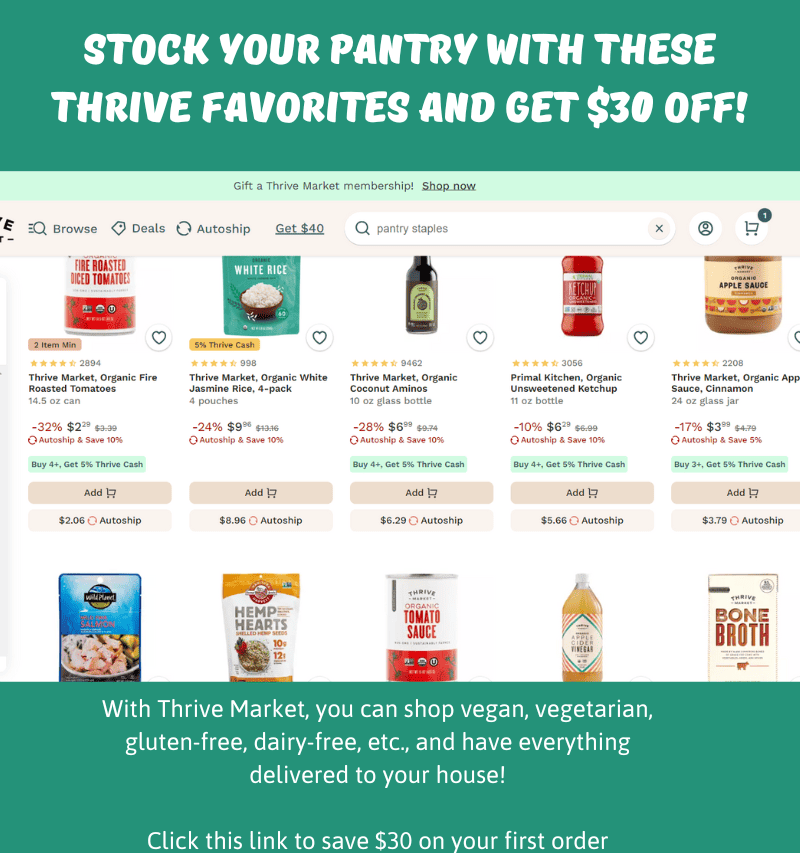
Know What To Focus on Post Marathon Recovery Plan
Runners are known for being “type A” and having every part of their training dialed in, from the long run pace to the proper amount of speed workouts, to the training shoes that feel best.
But, I find that they aren’t putting as much time and energy into their nutrition plans, which I would argue is just as, if not more, important.
As a marathon nutritionist, I am responsible for fueling runners throughout their training cycles, not just on race day.
In all reality, what you put into your body before and after runs is just as important as the nutrition you take in during your long runs for performance.
See more on pre vs. post workout nutrition. Many of these healthy snacks for athletes work in the post-workout period too, to start the glycogen replenishment process.
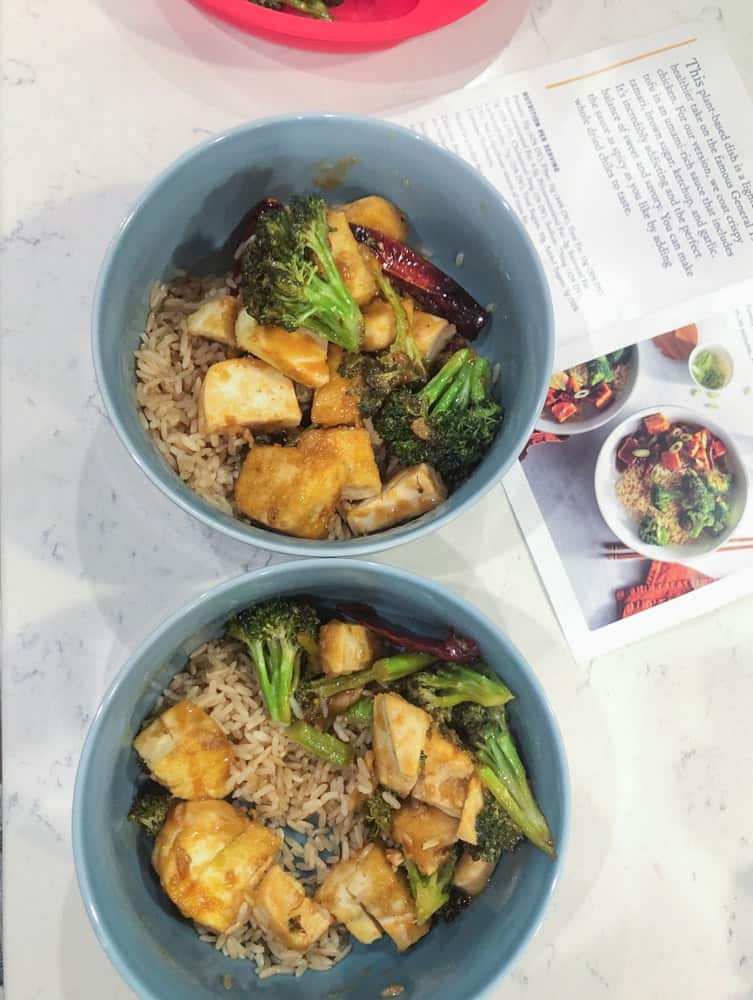
Understanding Race Nutrition and Marathon Nutrition Plan Needs
When thinking about nutrition for marathon training, it can feel overwhelming to know where to start because thinking about diet as a whole can feel quite overwhelming.
First off, make sure you have appropriate marathon gear to hold your nutrition.
One of the first things I tell my clients and nutrition for new runners is that marathon training is not the time to cut calories or manipulate weight, as being in a constant calorie deficit can impact injury risk, recovery, glycogen stores and more.
Many signs of undereating, whether intentional or unintentional, is related to relative energy deficiency in sport.
Looking to lose weight goes against the core principles of marathon training, when we want to be adequately fueled.
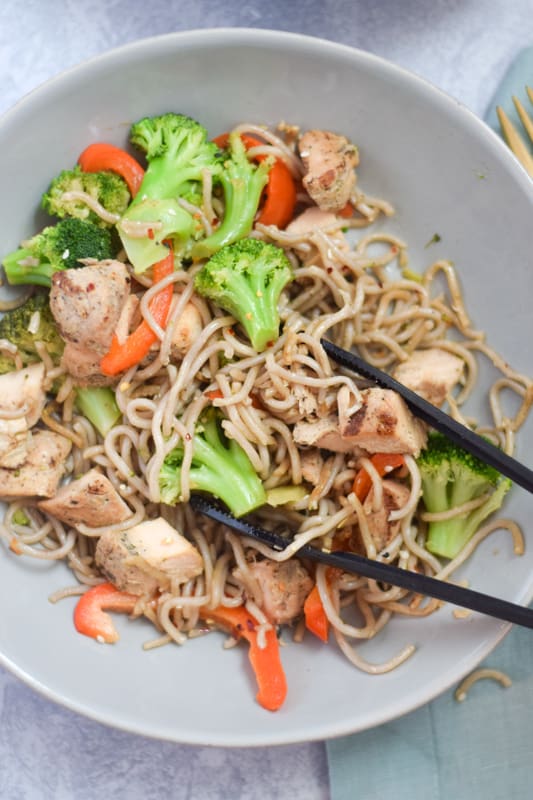
An adequate nutrition plan also helps to improve recovery, which just enables your future runs to be more successful. You see, it all works in tandem.
Nutrition is often the key missing piece of the puzzle!
A SPORTS DIETITIAN IN YOUR POCKET?!
This is the sports nutrition resource you’ve been missing in your training. It can help make sure you’re eating enough for performance and recovery. – grab it now!

If we think about sports nutrition as a pyramid, eating enough is at the base. Making sure you’re getting enough calories and energy is paramount.
From there, we can start to tweak macronutrient distribution, make sure you’re getting adequate micronutrients and add in supplements, when and if necessary.
But, the foundation revolves around our daily diet and in eating enough to support the large amounts of energy required.
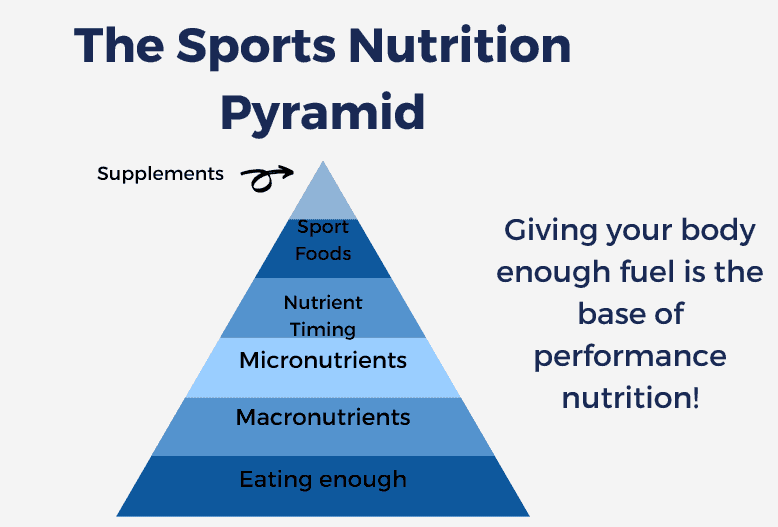
Let’s talk about each part of the run, and don’t forget about marathon taper nutrition a few weeks out.
What To Eat Before a Run
Firstly, your run starts before you take your first step. It starts with what you’re eating and drinking in the period leading up to your run.
The purpose of a pre-run snack or meal is to top off your glycogen (stored carbohydrate) stores to power through your run.
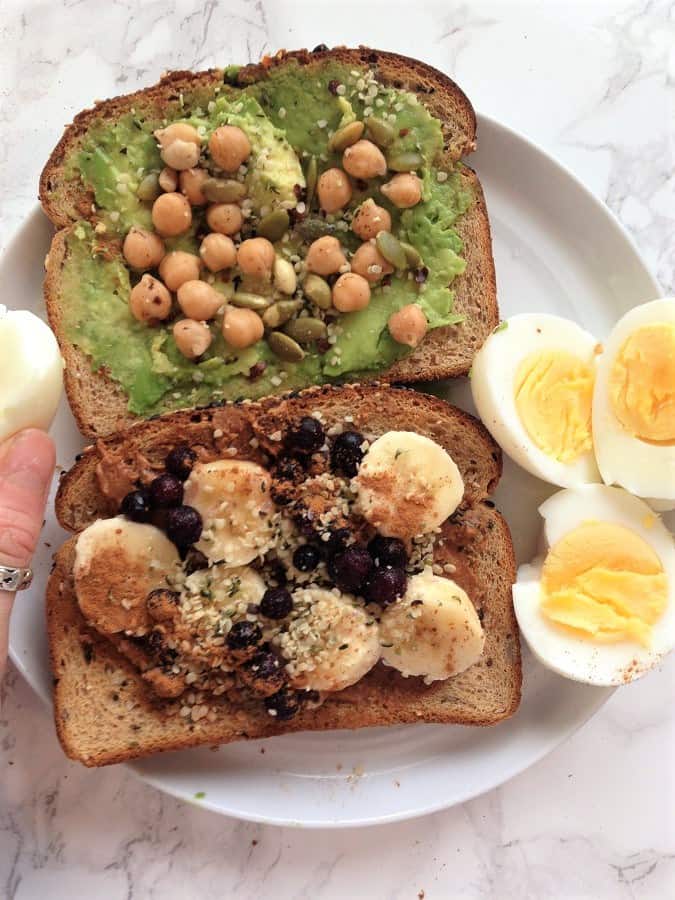
Carbohydrates are the most readily available source of fuel for our muscles so keeping them continually stocked will only benefit you.
So this should answer your question of, Why am I craving carbs all of a sudden?
This is also where an understanding of sports nutrition and intuitive eating can come into play.
My hunger ebook is a great start for getting more in tune with your hunger and needs, while this second intuitive eating ebook is great to build on that foundation.
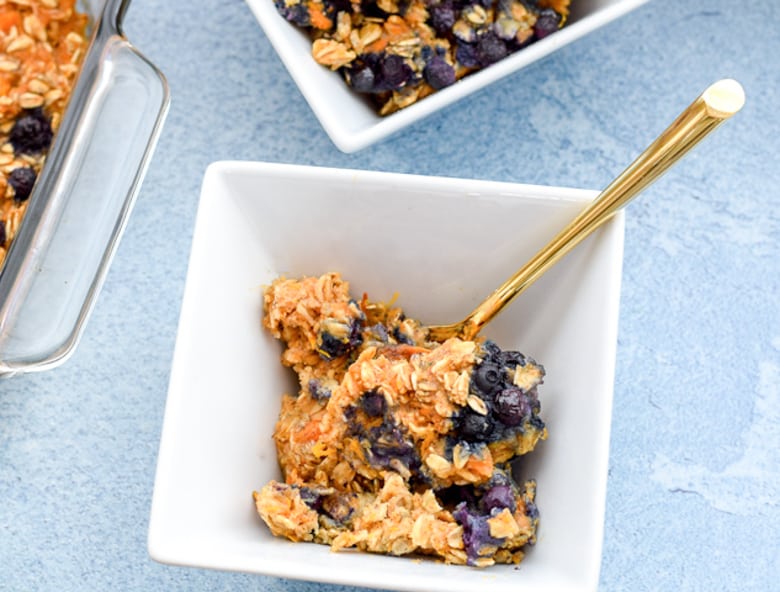
How Much To Eat Before a Run
- If you’re eating an hour before a run, aim for 1 gram of carbohydrate per kg of body weight. So, for example, a 150 lb. (68 kg) athlete would aim to eat between 60-70 grams of carbohydrates before exercise.
- Two hours before exercise, eat up to 2 grams of carbohydrate per kg of body weight, 3 grams per kg of body weight 3 hours before exercise, and 4 grams per kg of body weight 4 hours pre run.
- Before exercise, drink 5-10 mL/kg of body weight at least 2-4 hours before exercise. You can also top off with 8-10 oz 10-20 minutes before.
For reference, a medium to large banana is about 25-30 grams of carbohydrates, a cup of juice is 30 grams, and one piece of toast is about 15 grams.
If you have a sensitive stomach when running, limiting fat and fiber hours before a run may be helpful for runners stomach, and staying adequately hydrated is important!
This hydration guide for running is very helpful.
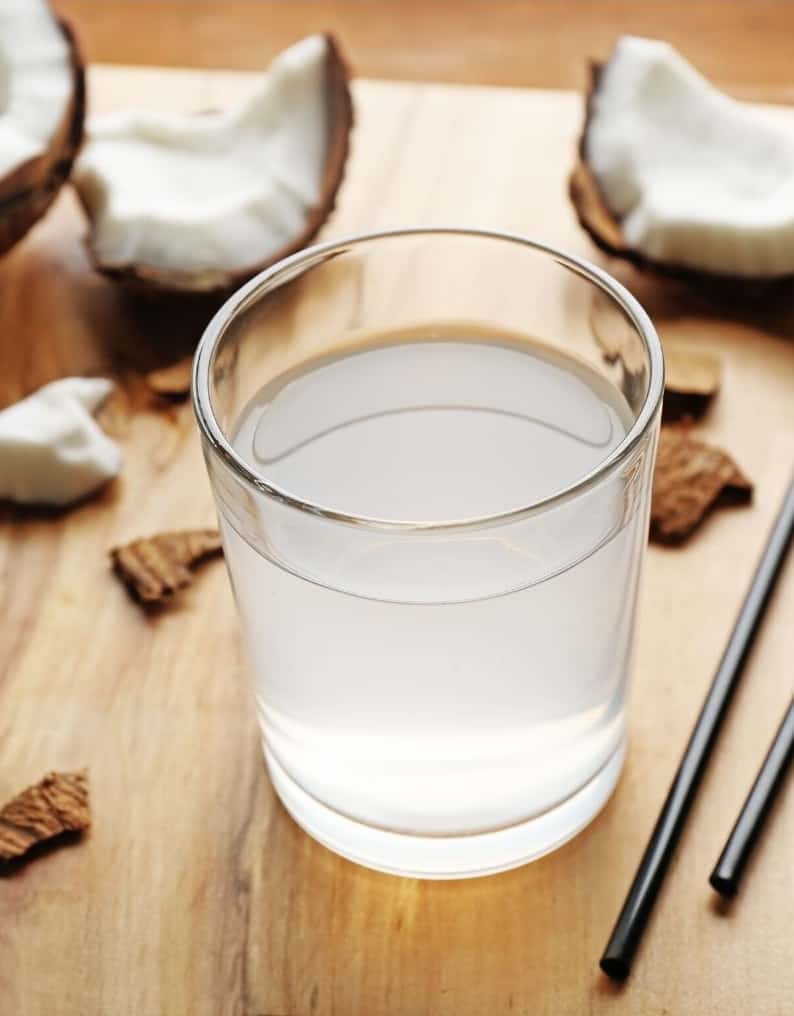
Nutrition Needs During a Run
Once we nail down your pre run meal, we want to emphasize race day nutrition, or nutrition during the long run.
Assuming you’ve eaten an adequate pre-run snack or meal and your diet is nutritionally sound, most people can run anything under an hour without requiring additional fuel.
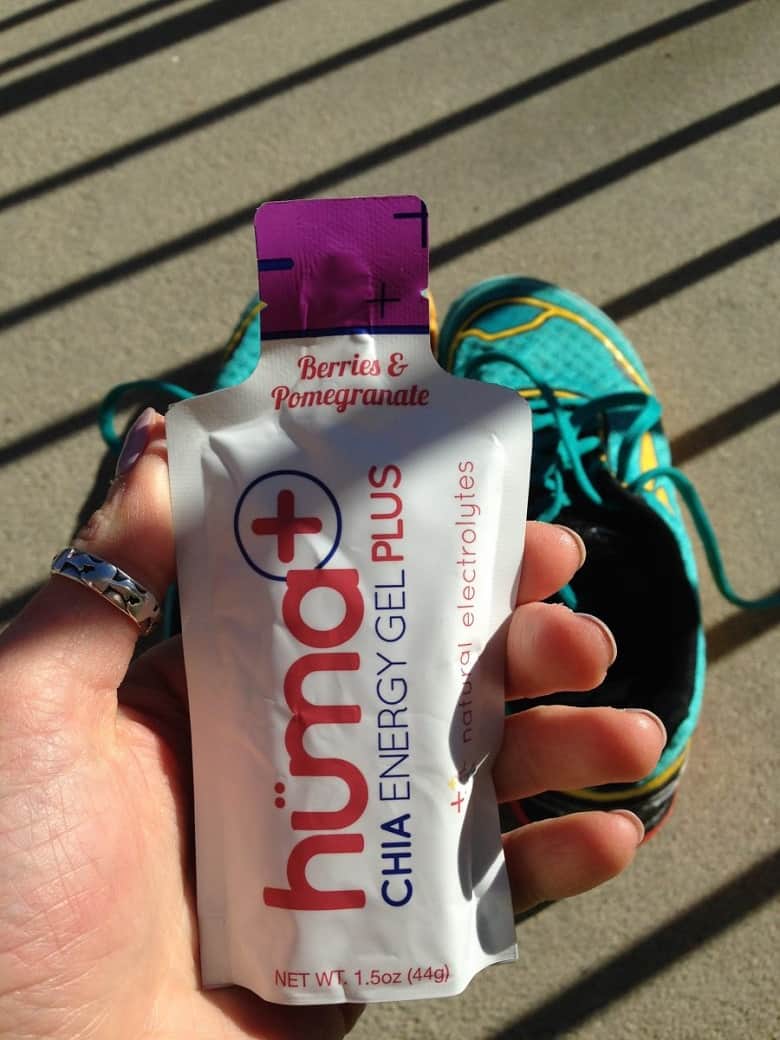
However, once your runs get to 60-70 minutes and above, there are several benefits to performance for fueling during your run.
- Aim for 30-60 grams of carbohydrates per hour, which can come from liquid nutrition, gels, chews, real food, or a mixture of them.
- Allow yourself ample time before race day to test what works for you. Most products need to be taken with water so plan accordingly.
- Prioritize hydration! Aim to replace sweat losses, but do not exceed them. A good starting point is 0.4-0.8L/hour but the exact amount will depend on your sweat rate. The goal during exercise is to prevent excessive dehydration of over a 2% loss in body weight.
- In terms of electrolytes during a marathons, a good starting point is aiming for 200-500 mg of sodium per hour. This may need to be increased depending on your personal needs.
What To Eat After A Run
While you may feel the need to get right in the shower after a run (especially in this summer heat), don’t skip the refueling part.
Consider your post-run snack or meal a necessary part of your cool down to jumpstart recovery. Check out these foods for recovery after the marathon.
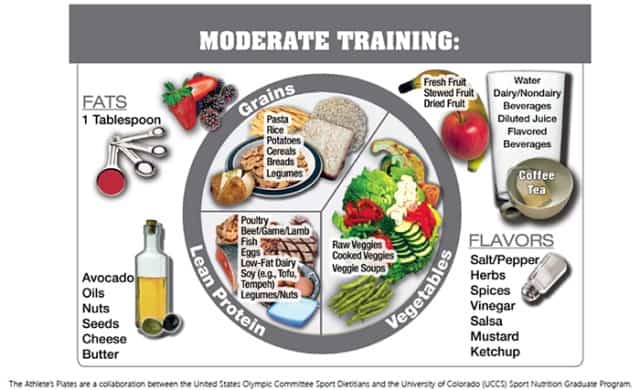
- Aim for a carbohydrate and protein-rich snack. Any sort of workout puts us in a catabolic state, so a snack first and foremost further prevents the body from breaking down, and instead, starts the anabolic (muscle building process). Carbohydrates help to refuel glycogen stores for future runs and workouts, while also helping to increase and balance blood sugar.
- Aim for a 3:1 to 4:1 ratio of carbohydrates to protein. In simpler terms, make half of your plate carbohydrates (about 50-60 grams) and aim for 20-30 grams of protein, including essential amino acids, such as leucine. You can see more about protein for runners here.
- Some easy ideas include a greek yogurt smoothie (with a carbohydrate source on the side if necessary), Greek yogurt with fruit, cereal or granola, a sandwich, pasta or pasta salad with protein and vegetables, or eggs and toast.
- Don’t forget to rehydrate and include sodium rich foods or products to help with rehydration, especially when large sweat losses have occurred. Sodium-rich foods include soup, crackers, salted nuts or peanut butter, dairy products, pickles or pretzels.
I load up on all of these snacks through Thrive Market!
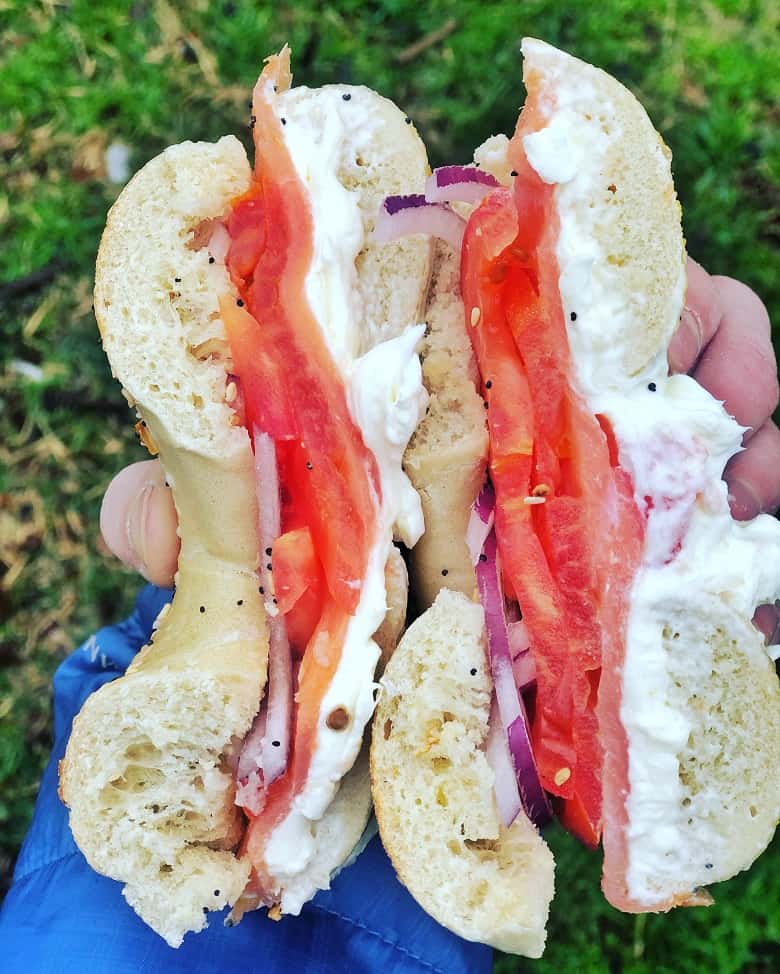
Hydration For Marathons
Hydration is important to prioritize every day, not just around a run. If you go into a run in a dehydrated state, it’s almost impossible to “play catch up.”
Summer hydration tips and understanding electrolytes for runners will help with your performance and recovery.
Proper hydration includes both water and electrolytes, primarily sodium. Sodium will help the body retain more water and reduce the risk of hyponatremia and severe muscle cramps during exercise.
While individual hydration needs depend on body composition and size, age, physical activity and training levels, weather, and lifestyle, aiming for at least half of your weight in body ounces is a great place to start.
Remember that water, fruit juices, sports drinks, coffees, teas, fruits, vegetables, and soups all count towards fluid intake!
These homemade electrolyte drinks can also help with hydration.
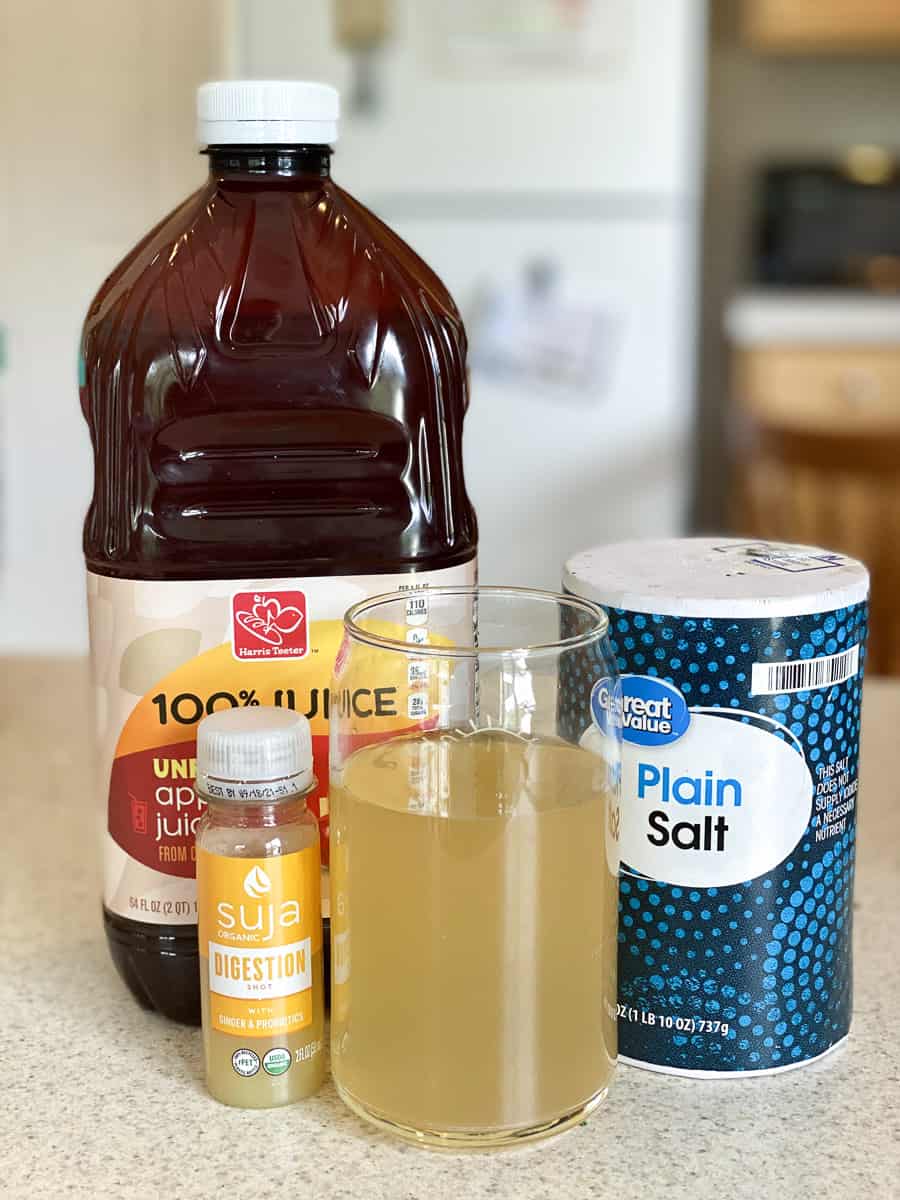
While meeting overall marathon nutrition needs in just three square meals can be difficult, it’s often necessary for runners to include snacks throughout the day.
Athlete snacks help balance blood sugar, keep you from feeling overly hungry, and also offer an opportunity for more nutrition.
Save this post for later!
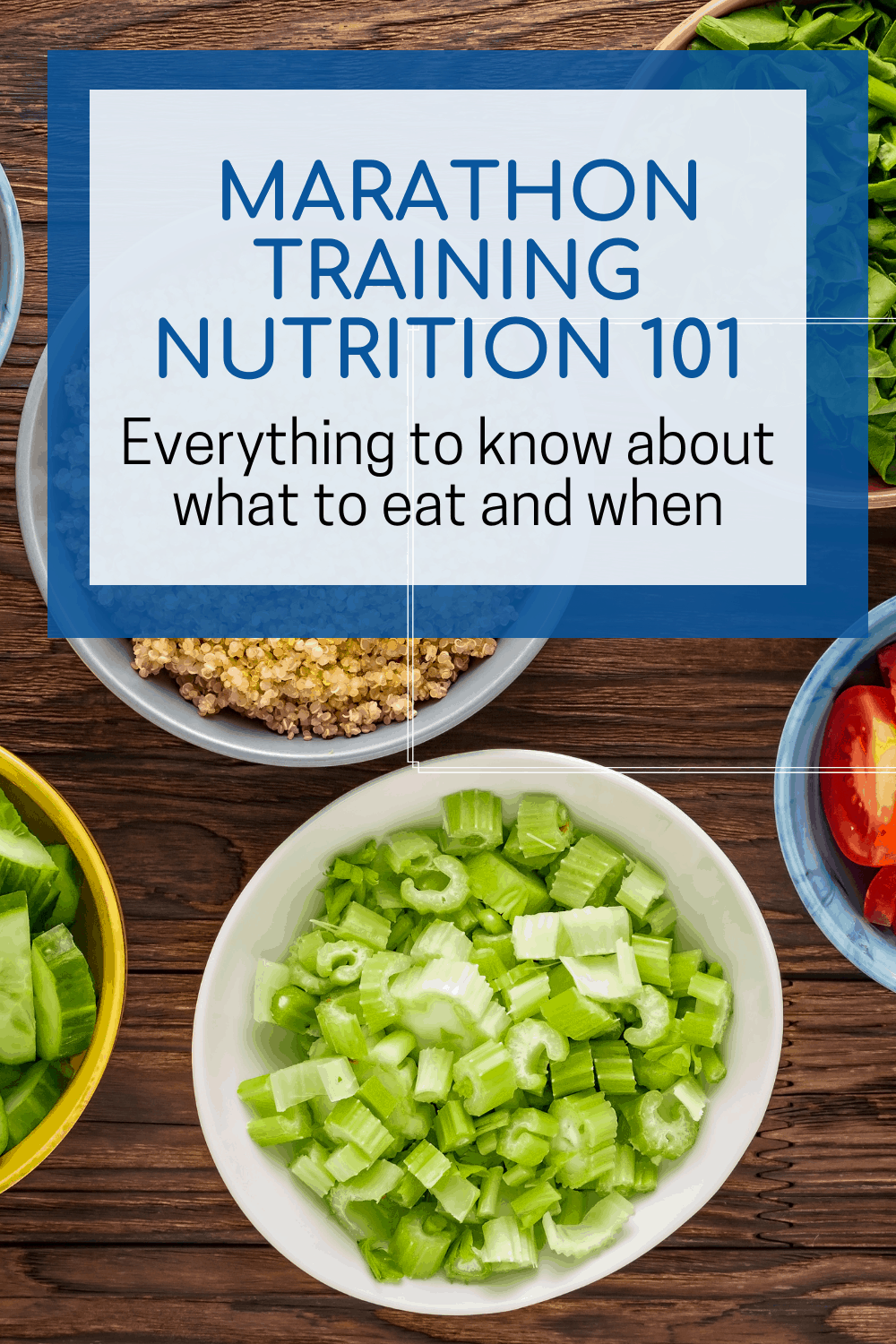
Support Bucket List Tummy

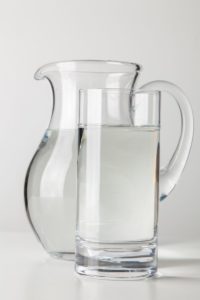
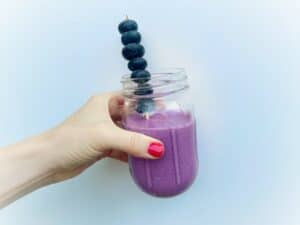

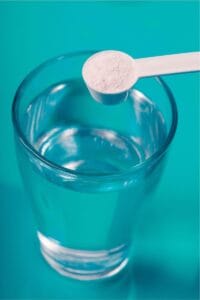

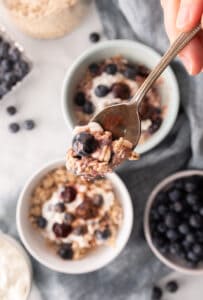
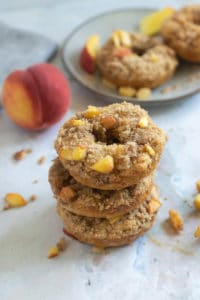



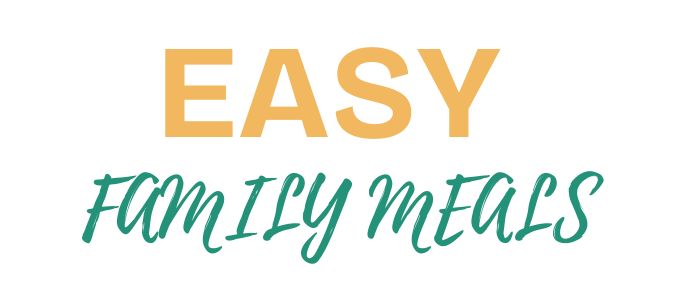
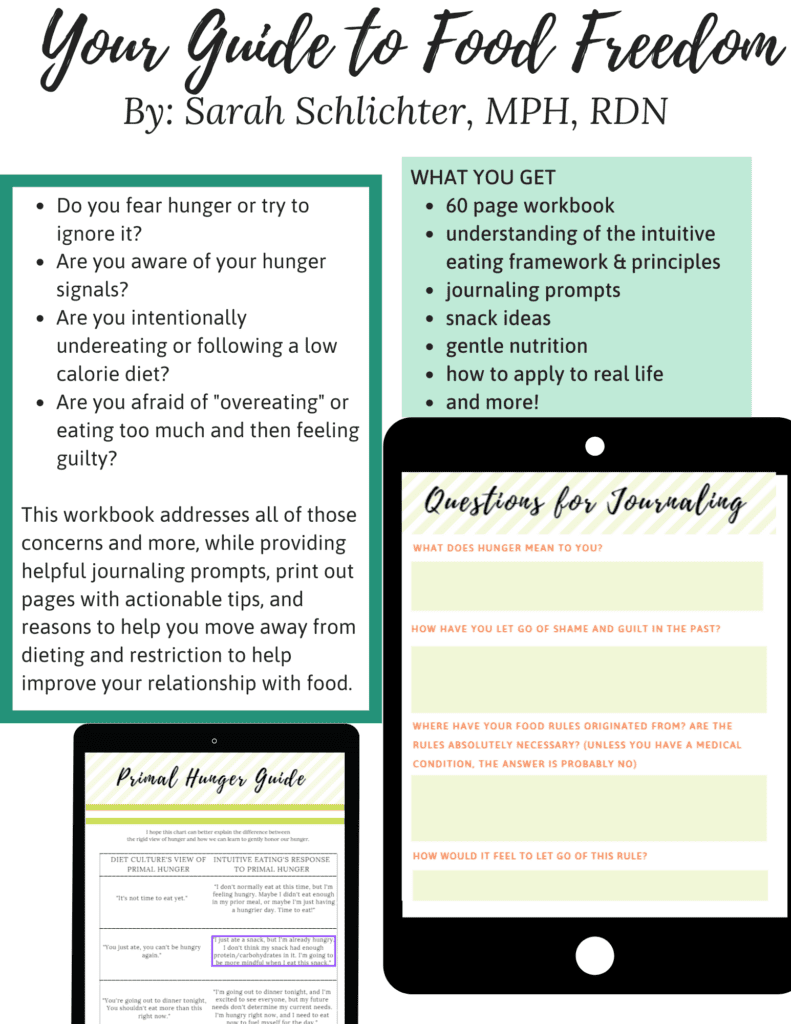
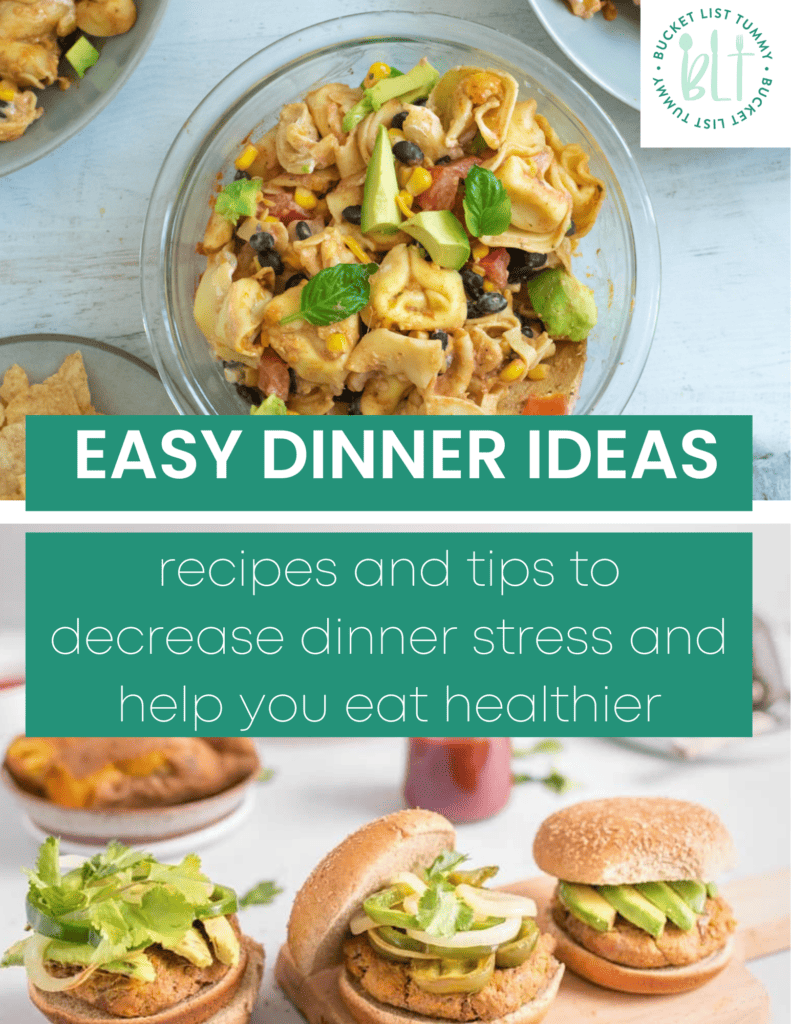
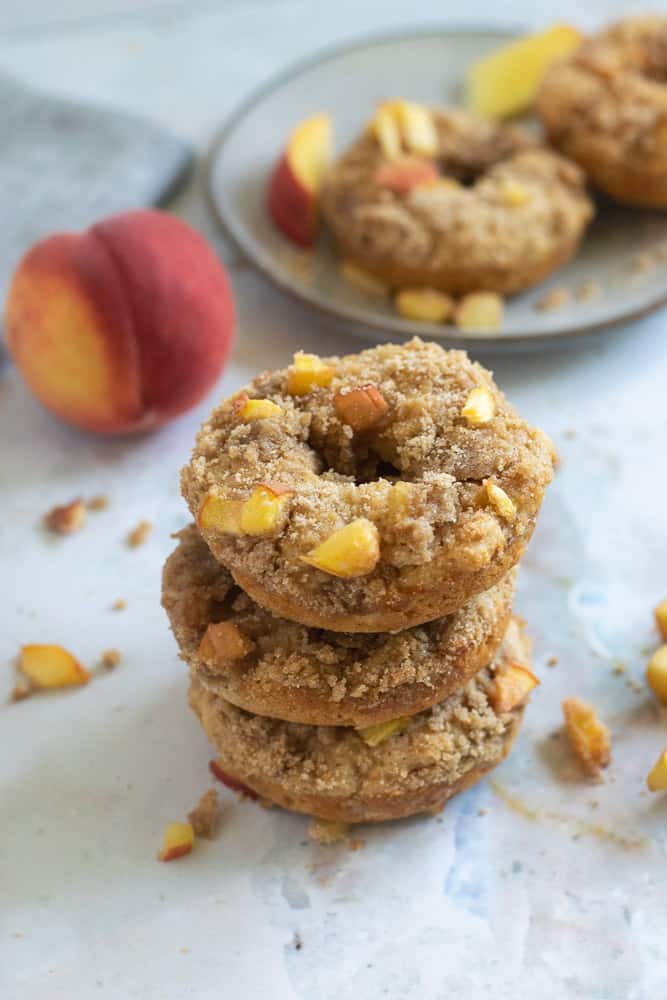
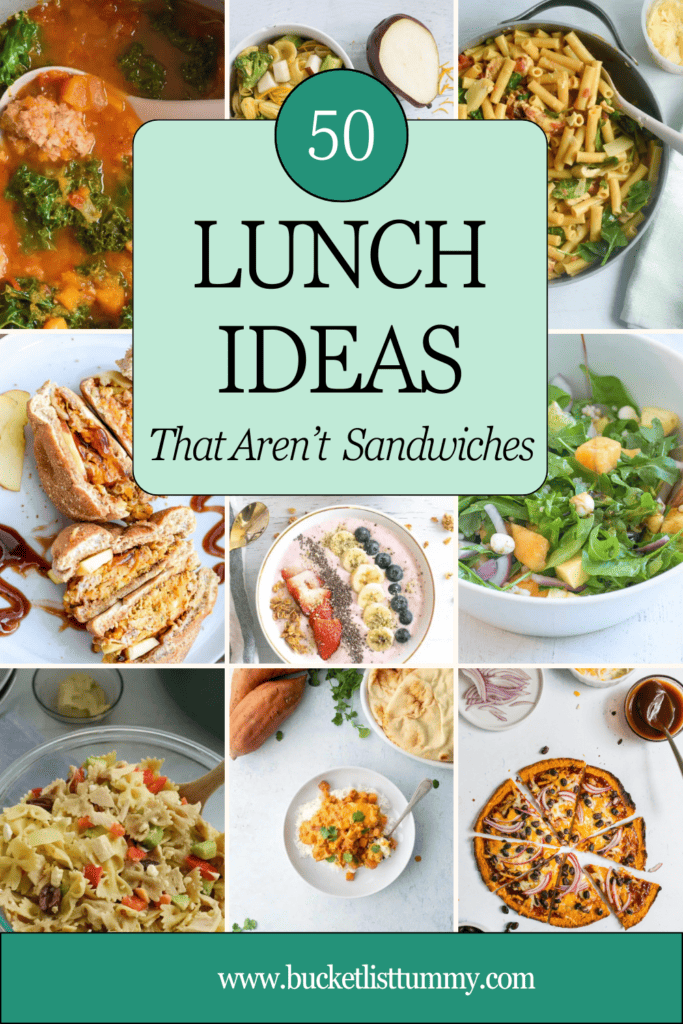
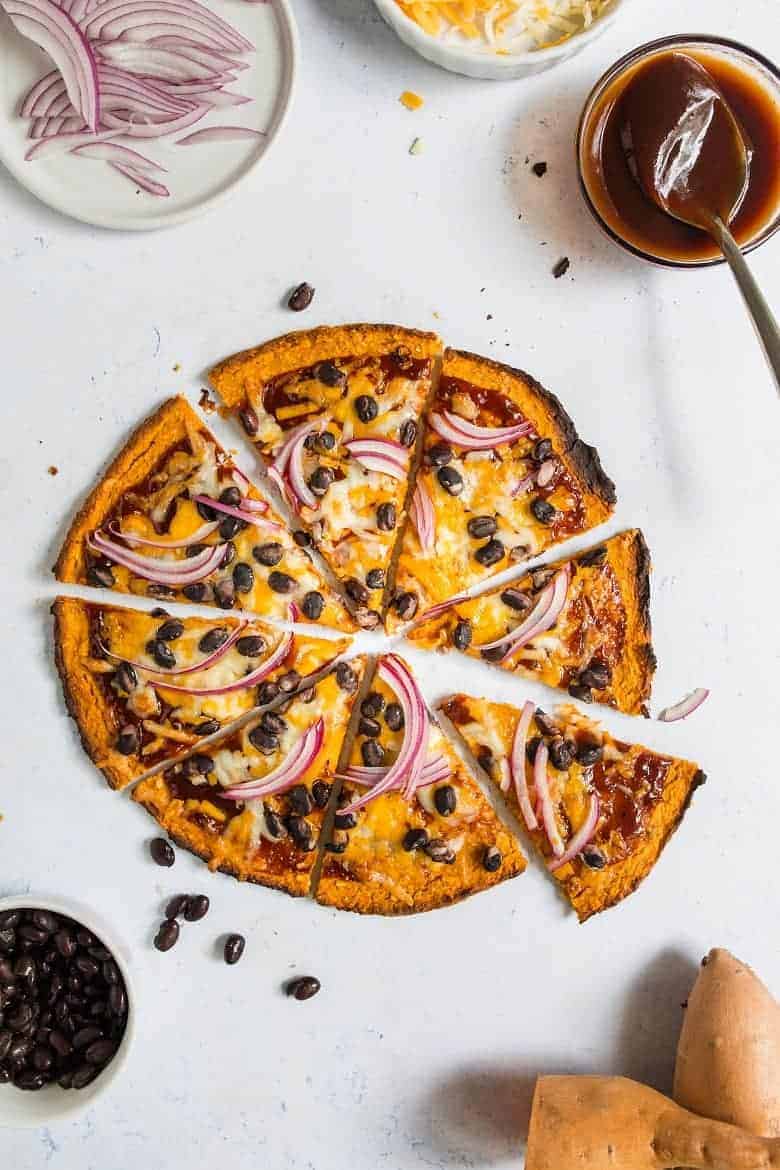
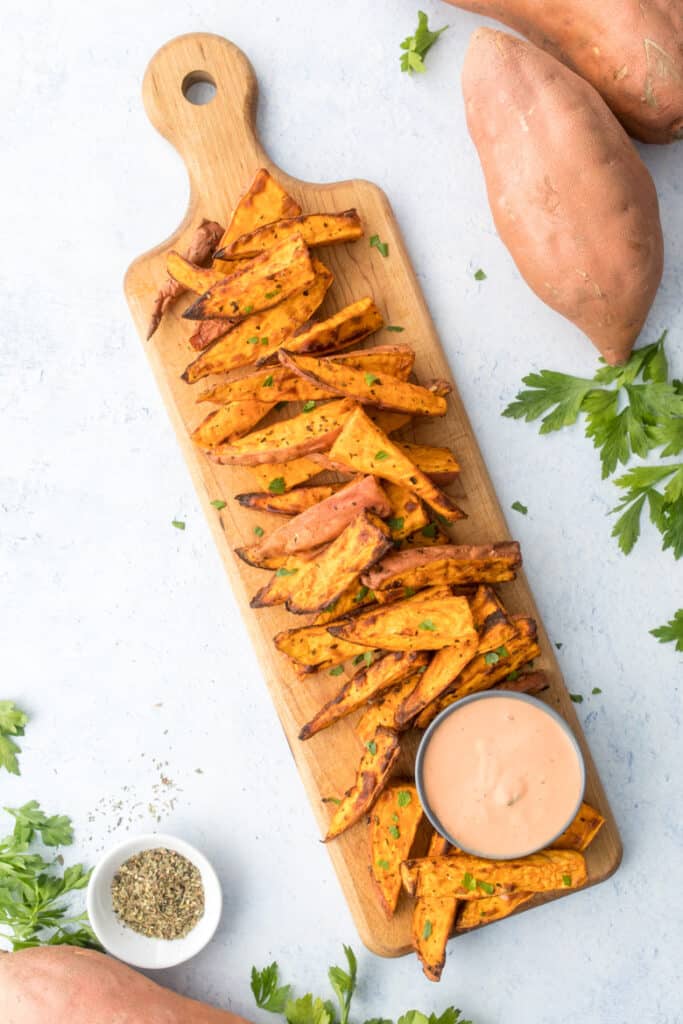
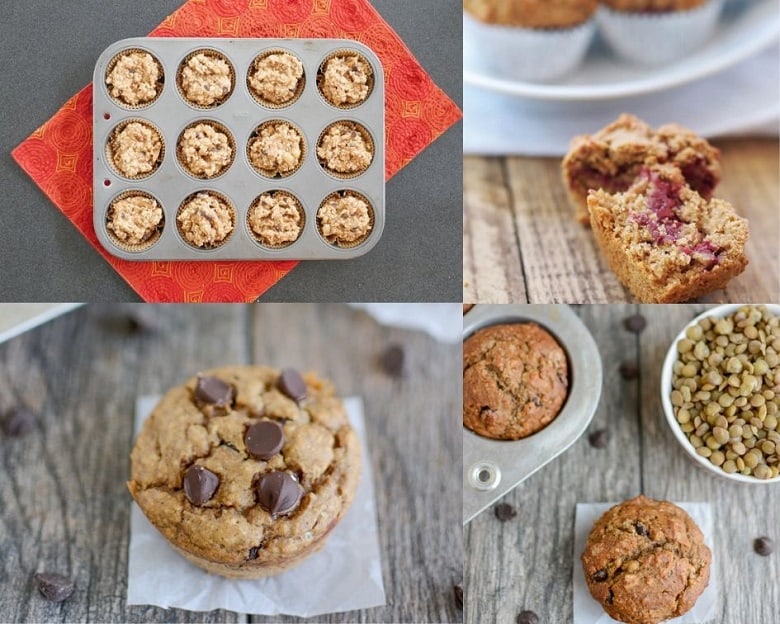
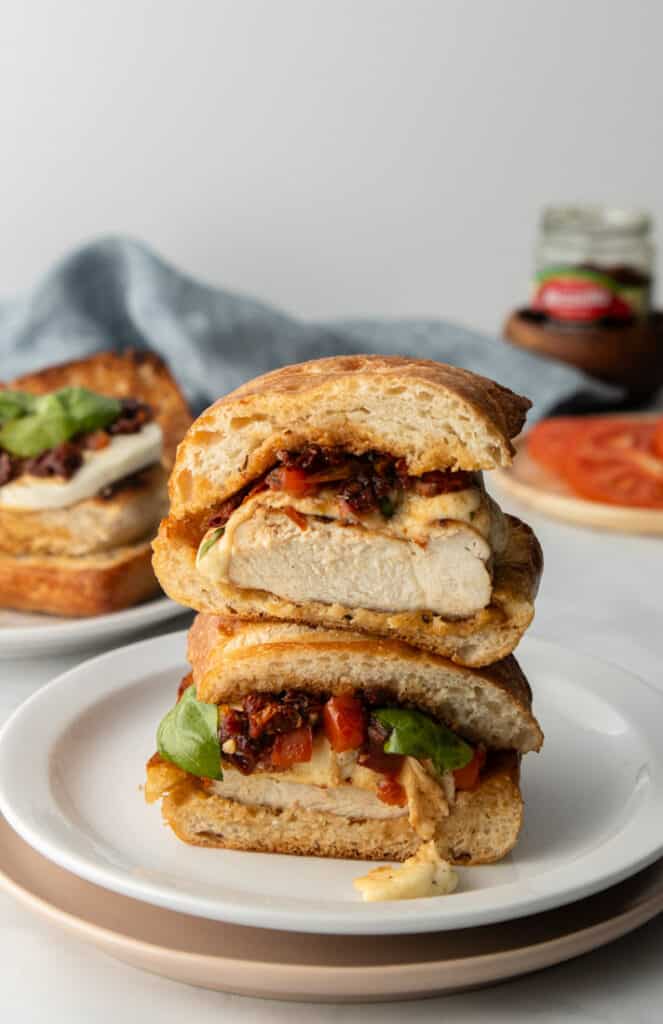
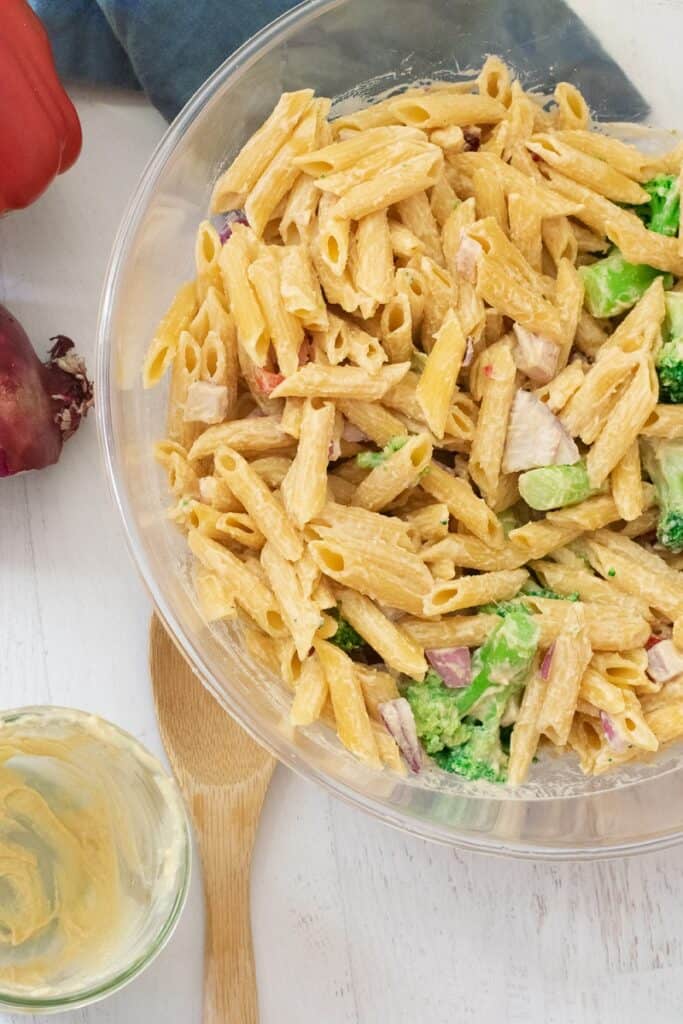
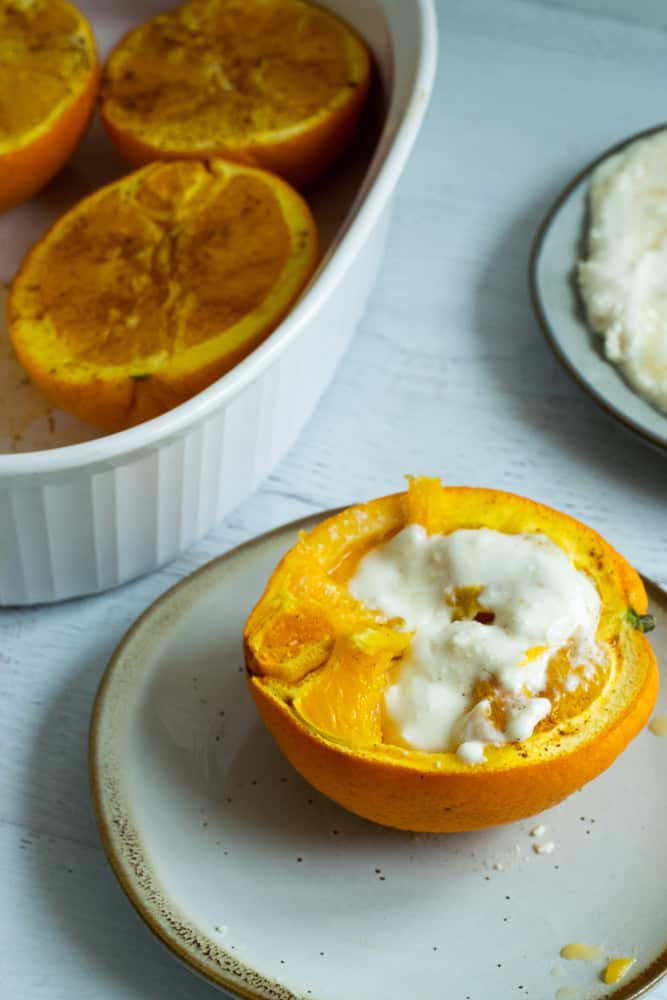
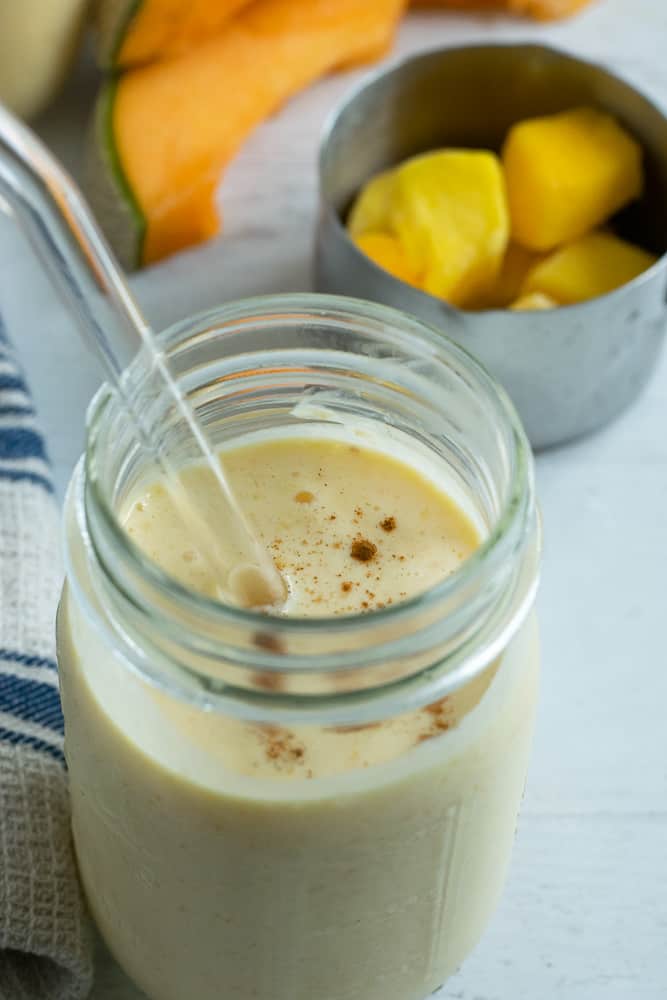
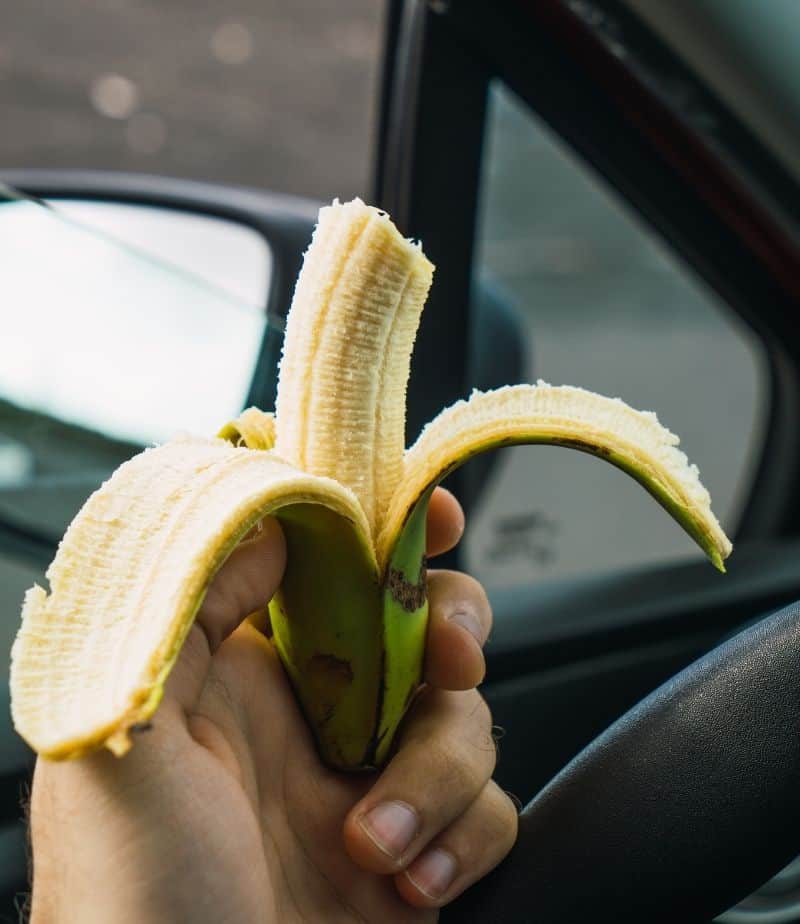
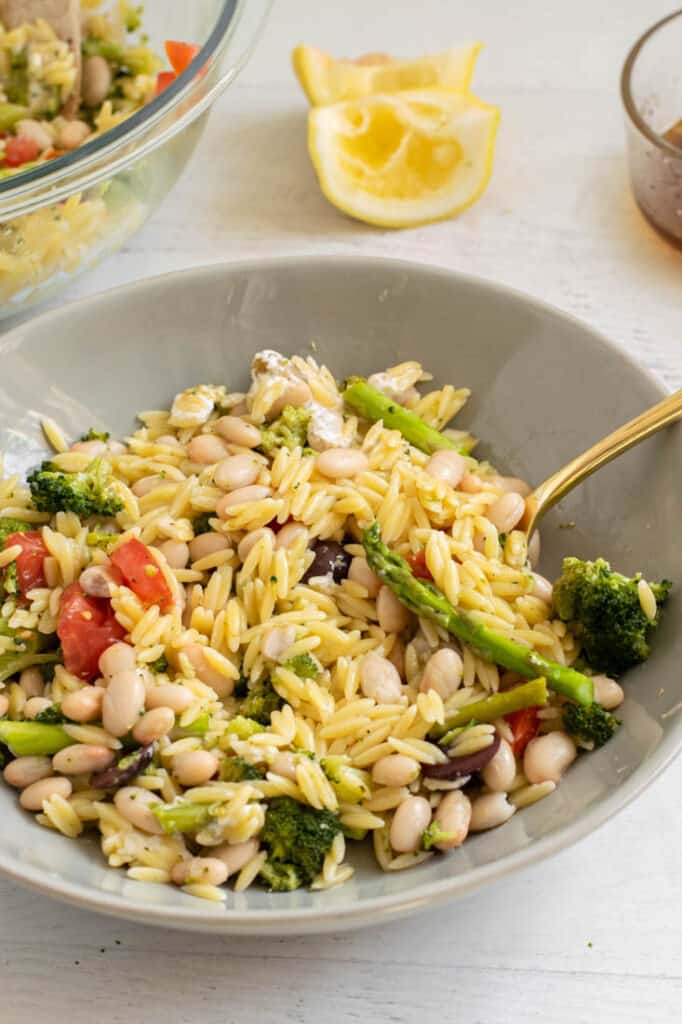
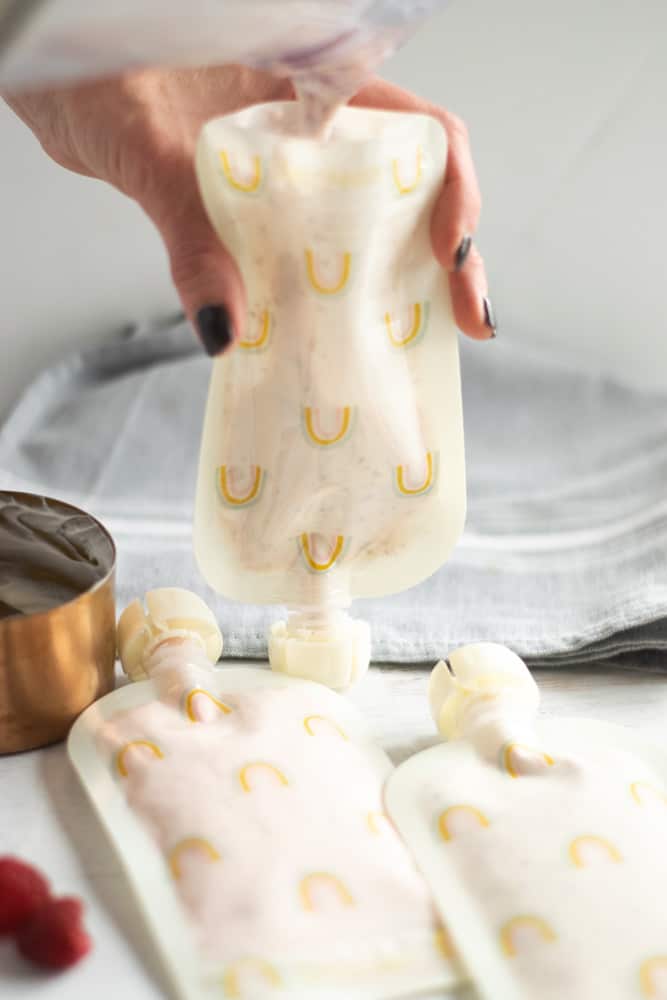
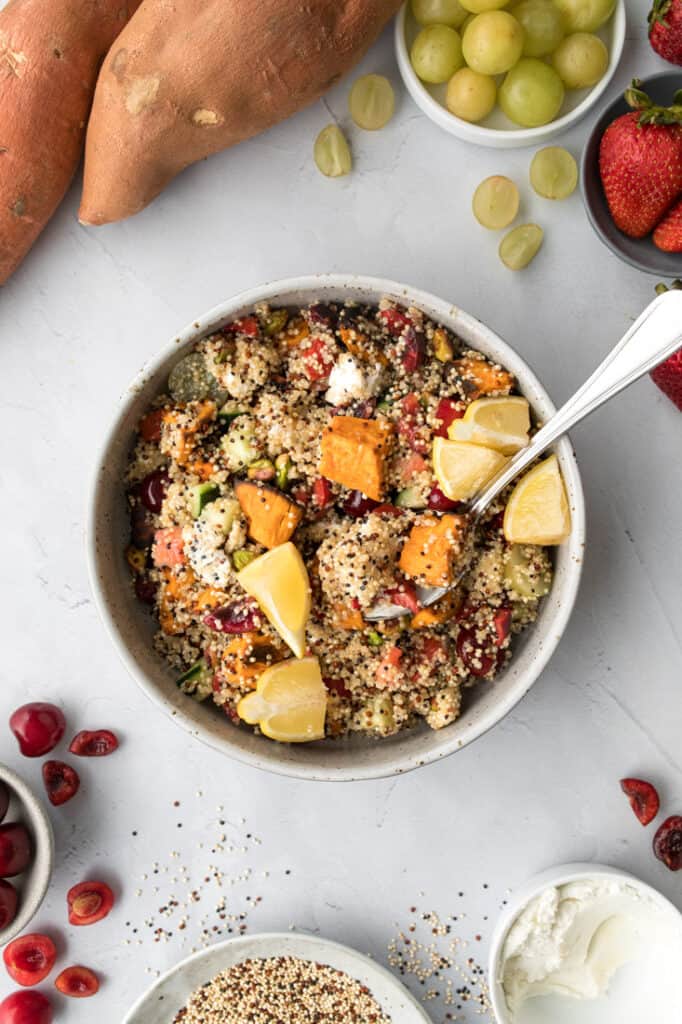

Like This Content?
Support Bucket List Tummy